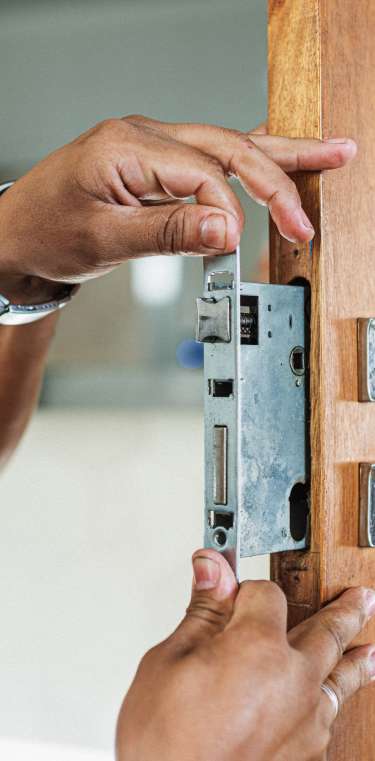In the locksmith industry, where security and trust are paramount, effective communication is essential. Whether dealing with residential, commercial, or automotive clients, locksmiths encounter situations that require immediate action and clear understanding. Miscommunication or delays can lead to frustration, wasted time, or even compromised security. Let’s explore why communication plays such a vital role in every locksmith business.
Understanding the Client's Needs
Every lock and security situation is unique. Clients often face specific problems—such as being locked out of a home, needing a high-security system, or requiring repairs after a break-in. To provide the right solution, locksmiths must gather detailed information from the client. This involves asking the right questions, such as:
- What type of lock or security system is currently in place?
- Are there any special security considerations (e.g., for commercial properties)?
- Has there been previous damage or tampering with the lock or door?
By engaging with clients through these questions, locksmiths can ensure they fully understand the issue before arriving at the job, allowing them to bring the right tools and provide the most suitable solutions. This process not only saves time but also enhances the efficiency and effectiveness of the service provided.
Clear communication also helps avoid misunderstandings about what services are needed and what outcomes the client expects. For example, if a client needs a lock rekeyed rather than replaced, understanding this beforehand can prevent unnecessary work and costs. When clients feel heard and understood, they trust that their security is in capable hands.
Providing Clear Expectations
Locksmith jobs can vary significantly in complexity, from simple lock replacements to intricate security system installations. Clients need to know:
- How long the job will take
- The costs involved
- Any potential challenges or risks
Transparent communication allows locksmiths to set clear expectations about pricing, timelines, and service warranties. This helps build trust and avoids surprises that could lead to dissatisfaction. For example, if a lock replacement might take longer due to unique features of the existing door, informing the client ahead of time ensures they are prepared and reassured.
Clients appreciate honesty, especially when it comes to security. By keeping clients informed every step of the way—through regular updates and clear explanations—locksmiths enhance the customer experience, leading to greater satisfaction and positive word-of-mouth referrals.
Building Long-Term Relationships
Effective communication goes beyond just completing a job; it is also about building long-term relationships. A satisfied customer is more likely to become a repeat client and recommend your services to others. Here’s how communication fosters loyalty:
- Follow-Up After Service: Reaching out after a job to ensure everything is working correctly shows that the locksmith cares about the client's ongoing safety and satisfaction. It also provides an opportunity to address any lingering concerns.
- Educating Clients: Offering advice on maintaining locks or upgrading to more secure systems shows expertise and adds value beyond the immediate service. It positions the locksmith as a trusted advisor in security matters.
- Requesting Feedback: Encouraging clients to provide feedback on their experience opens a channel for ongoing dialogue and improvement. It demonstrates a commitment to delivering the best possible service.
Handling Emergency Situations
In emergency situations—like a house lockout or a security breach—communication becomes even more critical. Clients are often stressed, anxious, or even panicked. A calm, clear, and empathetic approach can make all the difference:
- Immediate Response: Quick acknowledgment of the client's request reassures them that help is on the way.
- Clear Instructions: Providing simple, actionable instructions while waiting for the locksmith to arrive can help maintain calm and prevent the situation from worsening.
- Progress Updates: Keeping the client updated on the estimated arrival time or any unexpected delays shows professionalism and care.
Addressing Miscommunications and Complaints
No business is immune to miscommunication or occasional complaints. However, handling these issues well can turn a negative experience into a positive one. Here’s how:
- Listen Actively: Make sure to listen to the client's concerns without interrupting. Acknowledge their feelings and show understanding.
- Apologize and Explain: If there was a mistake or misunderstanding, apologize sincerely and provide a clear explanation of what went wrong.
- Offer a Solution: Propose a fair solution, whether it’s a discount on future services, a free follow-up, or any other form of compensation that shows you value their business.
Conclusion
In every locksmith business, communication is more than just exchanging information—it's about building trust, understanding needs, setting expectations, and fostering long-term relationships. By mastering communication, locksmiths not only improve client satisfaction but also enhance their reputation, ultimately leading to more business and a stronger position in the market.

